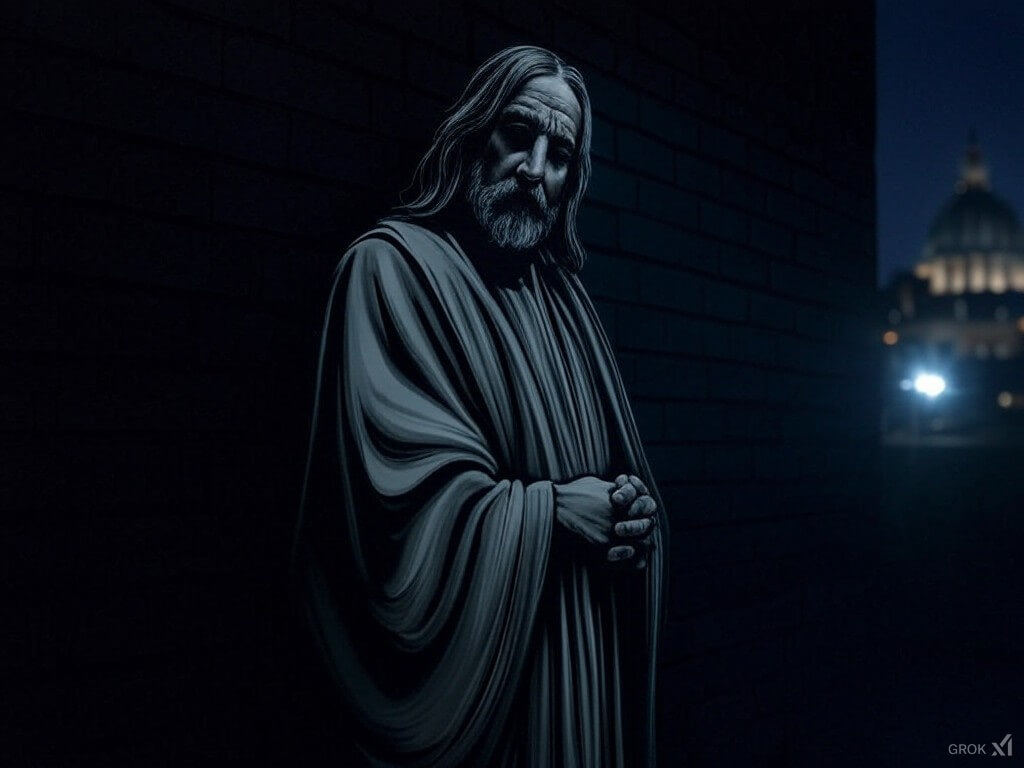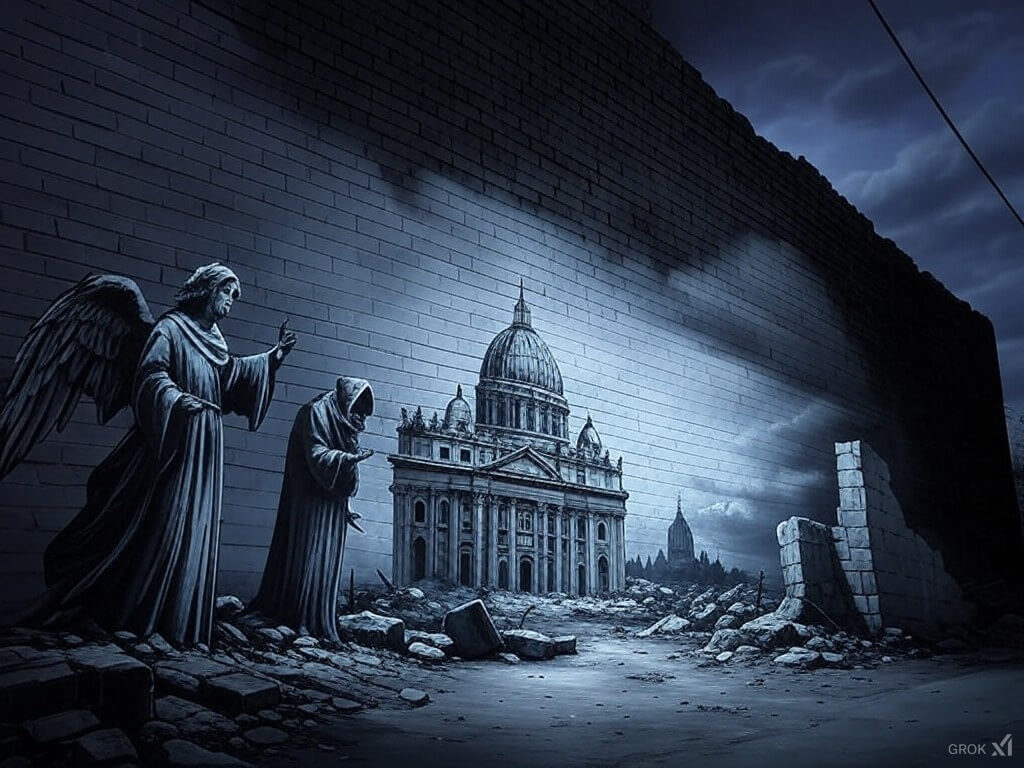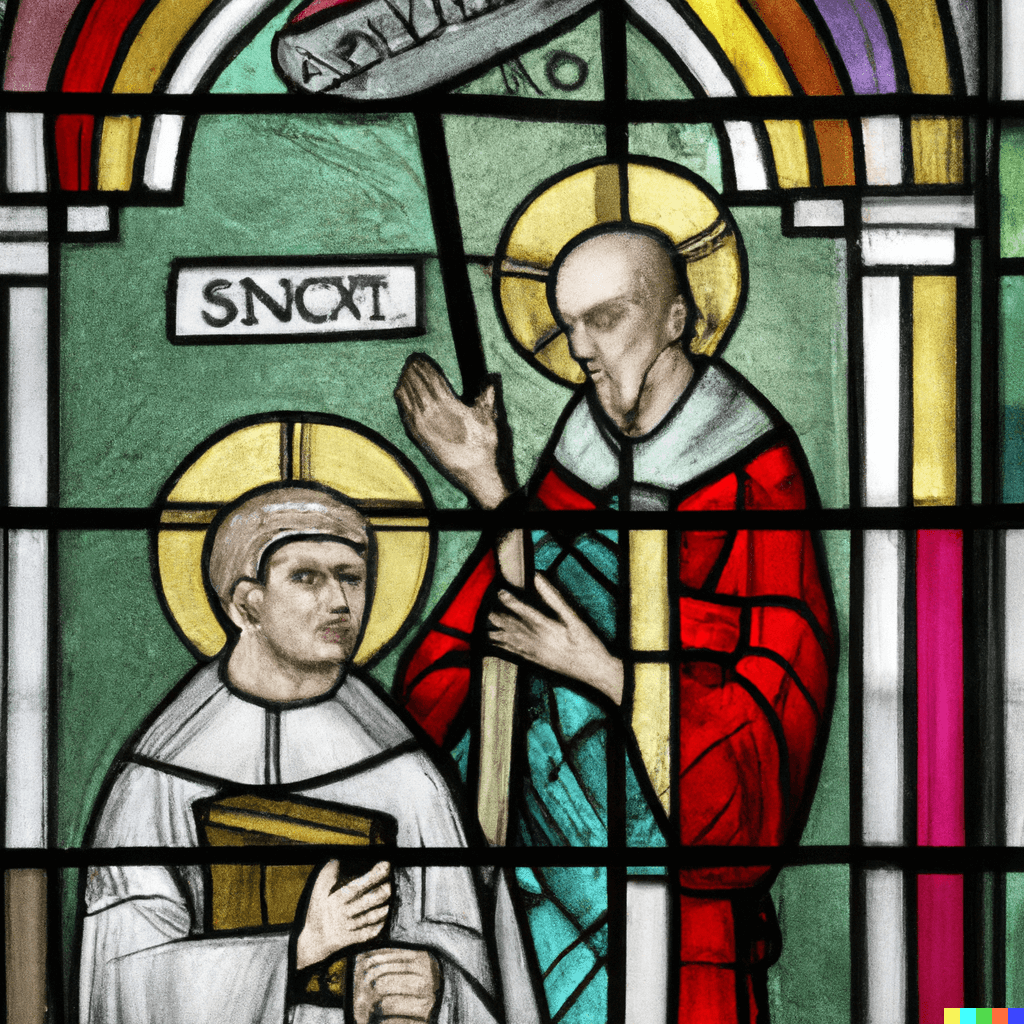The end times—aka eschatology—have been a source of fascination and reflection for centuries, especially for Christians diving into biblical prophecy. But for Catholics, it’s about more than just unraveling Scripture; it’s about harmonizing those prophecies with the rich teachings of the Church.
This guide breaks down the Catholic perspective on eschatology, perfect for anyone taking their first steps—or their hundredth—into the mysteries of biblical studies. Let’s journey together into what the Church has to say about the ultimate chapter of God’s plan.
Understanding Biblical Eschatology
Eschatology derives from the Greek words eschatos (“last”) and logos (“study”), focusing on the ultimate destiny of humanity and the world. The Bible provides numerous references to the end times, primarily in the books of Daniel, Ezekiel, and Revelation, as well as in the teachings of Jesus in the Gospels. Catholics interpret these passages through the lens of Sacred Tradition and the Magisterium (the Church’s teaching authority).
Key Biblical Passages on the End Times
The Old Testament Prophecies
Daniel’s Vision of the End Times
In Daniel 7:13-14, the prophet envisions “one like a son of man” coming with the clouds of heaven to establish an everlasting dominion. This is often interpreted as a Messianic prophecy fulfilled in Jesus Christ.
Daniel 12:1-3 speaks of a future resurrection of the dead, both for eternal life and eternal contempt.
Ezekiel’s Vision of the New Temple
Ezekiel 40-48 describes a vision of a restored temple, often seen as a symbol of God’s eternal kingdom. These passages emphasize God’s sovereignty and His ultimate plan for restoration and justice.
Jesus and the Gospels
The Olivet Discourse
In Matthew 24-25, Mark 13, and Luke 21, Jesus provides a detailed account of the signs of the end times, including wars, natural disasters, and persecution of the faithful. Jesus warns in Matthew 24:36: “About that day and hour no one knows, neither the angels of heaven, nor the Son, but only the Father.”
Parables About Readiness
Parables like the Ten Virgins (Matthew 25:1-13) and the Faithful Servant (Luke 12:35-48) emphasize the need for vigilance and preparedness for Christ’s return.
The Final Judgment
In Matthew 25:31-46, Jesus speaks of the Last Judgment, where He will separate the righteous from the unrighteous, likened to sheep and goats.
The Apostolic Teachings
Pauline Epistles
In 1 Thessalonians 4:16-17, Paul describes the Second Coming of Christ, when “the dead in Christ will rise first.”
In 1 Corinthians 15:51-52, he speaks of the resurrection of the dead and the transformation of believers.
The Book of Revelation
Revelation provides the most detailed and symbolic account of the end times, describing events such as the rise of the Antichrist, the Great Tribulation, and Christ’s final victory over evil (Revelation 19:11-21).
Revelation 21:1-4 offers a vision of the new heaven and new earth, where God will dwell with His people.
Signs of the End Times and Associated Events
Signs Indicating the End Times
- Global Turmoil: Jesus mentioned wars, famines, earthquakes, and natural disasters as precursors to the end times (Matthew 24:6-7).
- Moral Decay: Increasing wickedness and the love of many growing cold are signs of the approaching end (Matthew 24:12).
- Persecution of Believers: Christians will face trials and persecution for their faith (Matthew 24:9).
- Rise of False Prophets: Many will come in Jesus’ name, deceiving others (Matthew 24:5).
- The Gospel Proclaimed Worldwide: The Gospel will be preached to all nations before the end comes (Matthew 24:14).
- The Abomination of Desolation: A significant desecration, as referenced in Daniel 9:27 and mentioned by Jesus in Matthew 24:15, will occur.
Suffering During the End Times
The Bible speaks of a period of great tribulation:
- The Great Tribulation: A time of unprecedented suffering, as described in Matthew 24:21-22 and Revelation 7:14. This includes widespread chaos, natural disasters, and global conflicts.
- The Reign of the Antichrist: Revelation details the rise of a figure symbolizing opposition to Christ, who will deceive many (Revelation 13:1-8).
- Severe Judgments: Revelation speaks of seven seals, trumpets, and bowls of God’s wrath being unleashed upon the earth (Revelation 6-16).
Despite these trials, Scripture promises that the faithful will ultimately be vindicated and that Christ will reign victorious.
Catholic Interpretation of the End Times
The Catholic Church approaches the topic of the end times with a focus on hope, emphasizing Christ’s ultimate victory and the fulfillment of God’s plan for humanity.
The Second Coming of Christ
Catholics believe in the Second Coming of Christ, known as the Parousia. As the Catechism of the Catholic Church (CCC) states:
“When he comes at the end of time to judge the living and the dead, the glorious Christ will reveal the secret disposition of hearts and render to each man according to his works” (CCC 682).
The Resurrection of the Dead
At the end of time, all the dead will be resurrected, with their bodies reunited with their souls. This belief is grounded in Scripture:
“Do not be astonished at this, because the hour is coming in which all who are in the tombs will hear his voice and will come out” (John 5:28-29).
The Final Judgment
Catholics believe in a final judgment where Christ will judge all humanity based on their faith and deeds. The CCC explains:
“In the presence of Christ, who is Truth itself, the truth of each man’s relationship with God will be laid bare” (CCC 1039).
The New Heaven and New Earth
The end times will culminate in the creation of a new heaven and new earth, where God’s presence will dwell fully with His people:
“He will wipe every tear from their eyes. Death will be no more; mourning and crying and pain will be no more” (Revelation 21:4).
Practical Implications for Young Catholics
Living a Life of Vigilance
Catholics are called to live in readiness for Christ’s return, fostering a life of prayer, sacramental participation, and good works.
Understanding the Church’s Teachings
The Church’s eschatological teachings provide a framework for understanding biblical prophecies, ensuring interpretations remain faithful to the Gospel.
Finding Hope in God’s Plan
The end times are not meant to instill fear but to inspire hope in God’s promise of eternal life.
Conclusion
The Bible’s teachings on the end times offer profound insights into God’s plan for humanity and the world. For young Catholics, these teachings are a reminder of the importance of faith, hope, and love in preparing for Christ’s return. By studying Scripture and embracing the Church’s guidance, believers can navigate these mysteries with confidence and anticipation of the glory to come.
Key Resources for Further Study
- Catechism of the Catholic Church, sections 668-682 and 1020-1060
- The Holy Bible (New American Bible Revised Edition)
- Writings of Church Fathers such as St. Augustine’s City of God
- Papal encyclicals on eschatology, such as Benedict XVI’s Spe Salvi

 Saints2 years ago
Saints2 years ago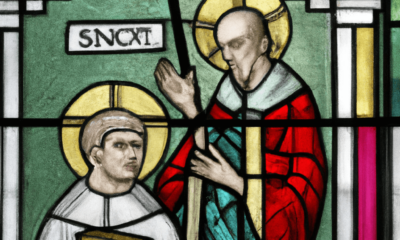
 Trending2 years ago
Trending2 years ago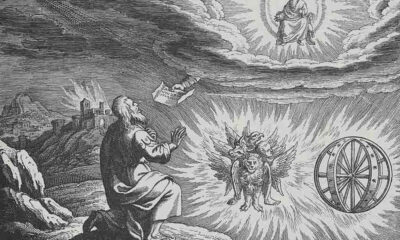
 Trending2 years ago
Trending2 years ago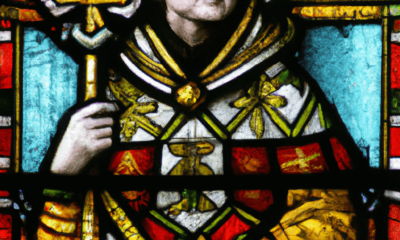
 Saints2 years ago
Saints2 years ago
 Live Church2 years ago
Live Church2 years ago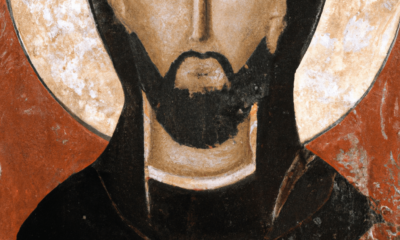
 Saints2 years ago
Saints2 years ago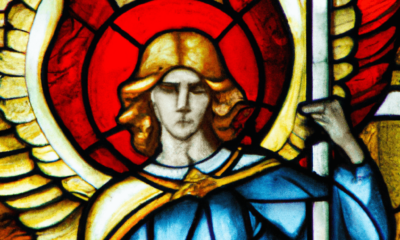
 Prayers2 years ago
Prayers2 years ago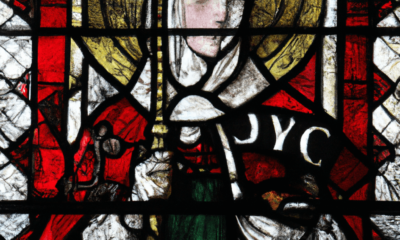
 Saints2 years ago
Saints2 years ago
